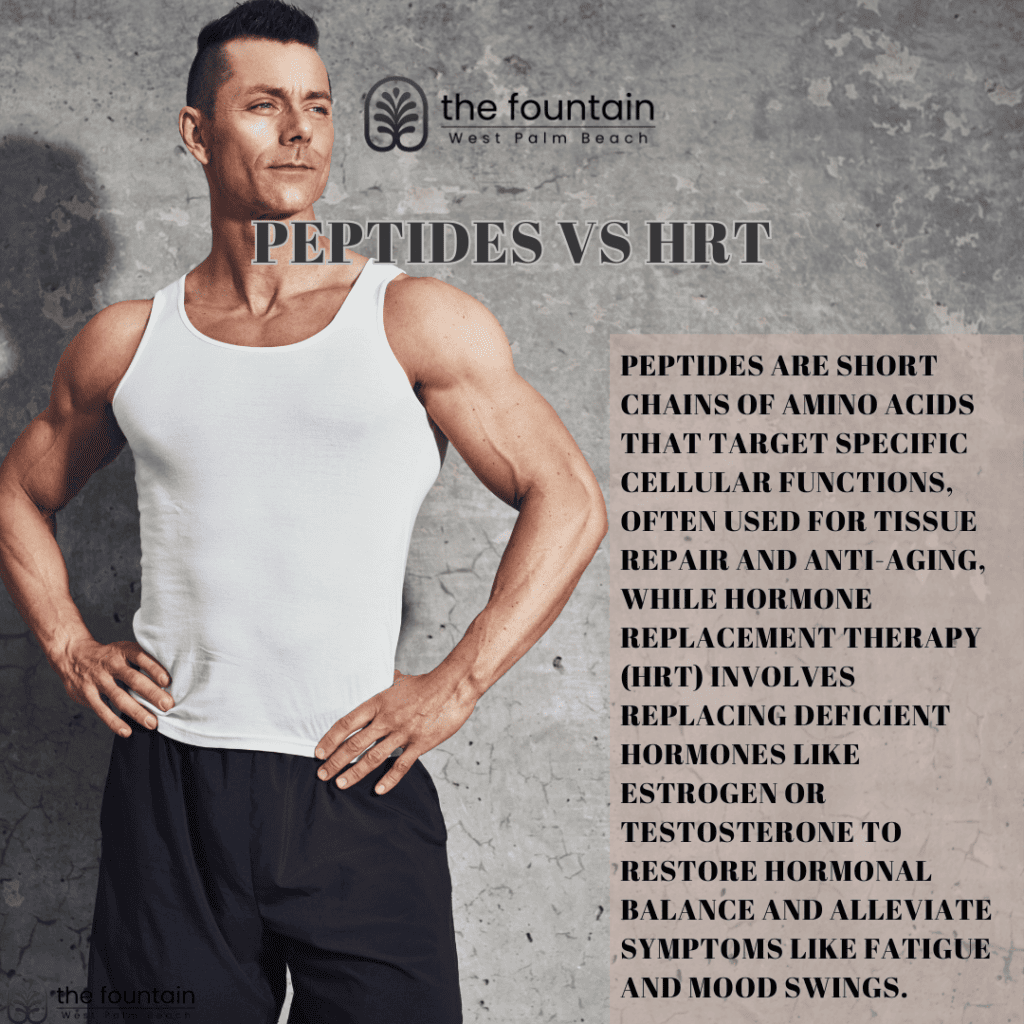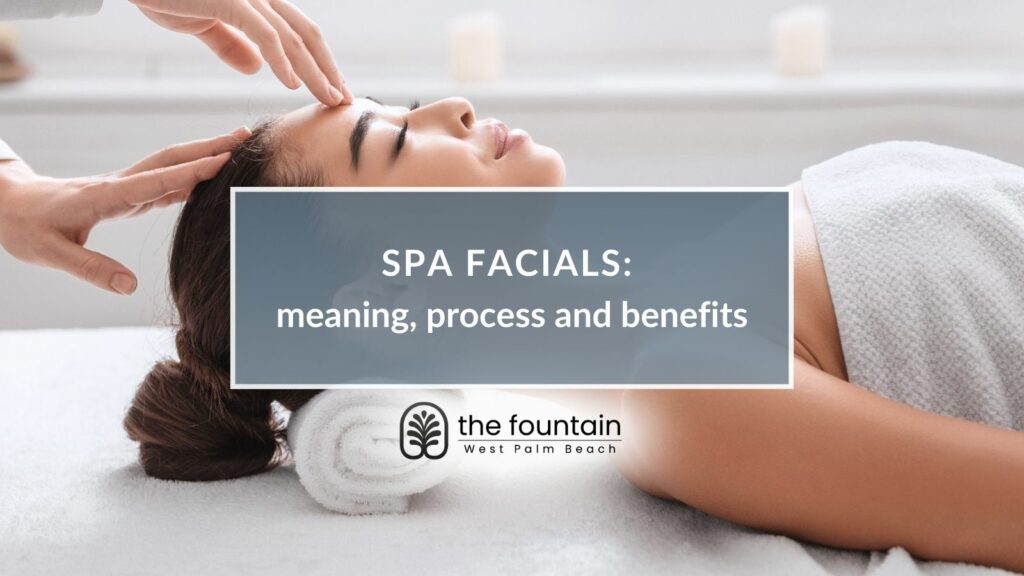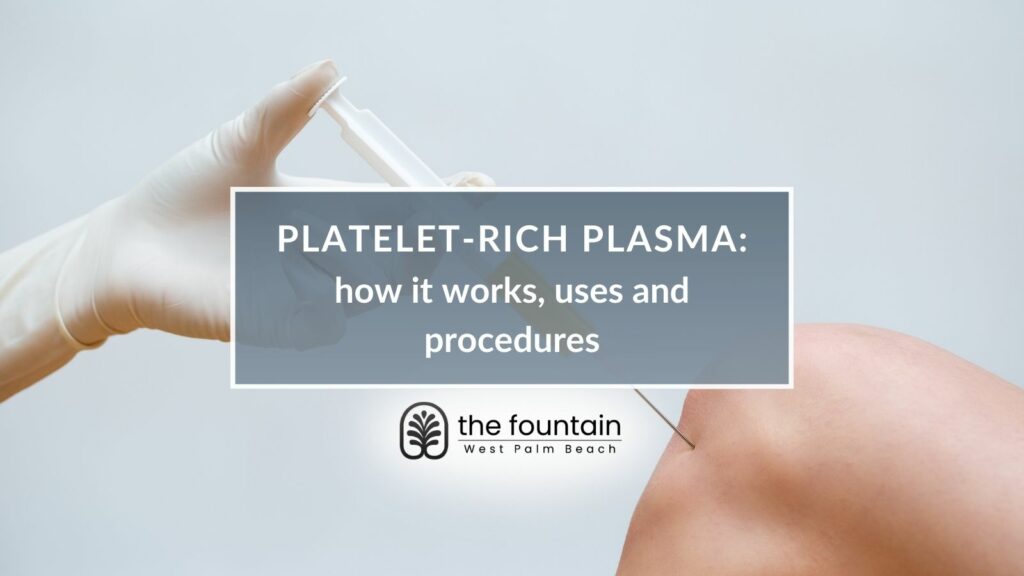In the world of modern healthcare, innovative therapies continue to pave the way for improved health and vitality. Among them, hormone replacement therapy and peptide therapy have become game-changers. These two therapeutic methods, though distinct in their mechanisms, have numerous similarities and potential synergistic effects when used together. In this article, we’ll dive into a comparative analysis of hormone replacement therapy and peptide therapy, revealing their unique benefits, similarities, and joint efficacy.
What is Hormone Replacement Therapy (HRT)?
Hormone Replacement Therapy (HRT) involves supplementing the body with hormones that it’s no longer producing in sufficient quantities. Hormones, as you may know, are crucial to many physiological functions such as growth, metabolism, mood regulation, and sexual function. As we age, natural hormone production often decreases, leading to an array of discomforts and health concerns. HRT, typically used to manage pre-menopausal, peri-menopausal and post-menopausal symptoms in women and low testosterone levels in men, can help restore balance and alleviate these issues.
The goal of hormone replacement, therapy and peptide therapy is to get your body functioning the way it did in your early 20s, when your hormones were at their peak and your body was its most efficient.
What Is The Best Approach to Hormone Replacement Therapy?
Hormone Replacement Therapy (HRT) is not a one-size-fits-all treatment. It’s a personalized approach that takes into account the unique hormonal profile of each individual. This comprehensive method involves a thorough examination of all hormone levels, including testosterone, estrogen, progesterone, Insulin-like Growth Factor (IGF), and Hemoglobin A1C.
The process begins with detailed bloodwork, which provides a clear picture of your current hormone levels. This is crucial because hormonal imbalances can manifest in various ways and can significantly impact your overall health and well-being. Symptoms can range from fatigue and mood swings to more severe conditions like osteoporosis and cardiovascular disease.
Once your bloodwork results are available, your doctor will review them in conjunction with your symptoms to gain a full understanding of your hormonal health. This comprehensive analysis allows your healthcare provider to prescribe a personalized HRT plan tailored to your specific needs.
The goal of HRT is to restore hormonal balance, alleviate symptoms, and improve your quality of life. The type of hormones used in your treatment, their dosage, and the method of administration will all be determined based on your bloodwork findings and symptoms.
What Are The Benefits of HRT For Both Men And Women?
The benefits of HRT are listed below:
- less fat
- more muscle
- more energy
- increased mental clarity
- increased sex drive
- better quality sleep
- better skin, hair, nails
- a general sense of well-being
- Bone Health
- Cardiovascular Health
- Cognitive Function
- Weight Management
What is Peptide Therapy?
Peptide therapy involves using specific sequences of amino acids known as peptides to stimulate specific cellular responses. The body naturally produces peptides, but like hormones, their production can decrease with age or due to certain health conditions. Peptide therapy has a wide range of applications, from boosting human growth hormone levels to enhancing immune function, promoting weight loss, and improving skin health.
What Are The Different Types Of Peptides?
Med spas, or medical spas, often use peptides as part of their treatments for skin rejuvenation, anti-aging, and overall wellness. Here are some commonly used peptides in med spas:
CJC-1295 & Ipamorelin:
This is a synthetic peptide that stimulates the release of growth hormone. It’s known for its ability to enhance protein synthesis and fuel muscle growth. CJC-1295 & Ipamorelin can also help to reduce body fat, improve sleep, and strengthen the immune system. It’s often used in anti-aging therapies, fitness supplementation, and therapies to speed up injury recovery.
Learn More About CJC-1295 & Ipamorelin
Semaglutide:
Originally used to fight type two diabetes, Semaglutide has recently skyrocketed in popularity, due to its ability to assist those looking to lose weight.
NAD+ (Nicotinamide Adenine Dinucleotide):
This is a coenzyme found in all living cells. It’s essential for energy metabolism and maintaining proper cell functioning. NAD+ levels decrease with age, and this decrease is associated with a range of age-related health problems. NAD+ supplementation is used in anti-aging therapies and to improve energy levels.
Ibutamoren MK677:
This is a non-peptidic, potent, long-acting, orally-active, and selective agonist of the ghrelin receptor and a growth hormone secretagogue, mimicking the growth hormone (GH)-stimulating action of the endogenous hormone ghrelin. It’s been shown to increase the release of, and produces sustained increases in plasma levels of several hormones including GH and insulin-like growth factor 1 (IGF-1), but without affecting cortisol levels. It’s often used for its potential benefits in terms of growth hormone levels, sleep, cognitive function, and potentially longevity.
Learn more about Ibutamoren MK677.
Sermorelin:
This is a synthetic peptide equivalent to the growth hormone-releasing hormone (GHRH) or growth hormone-releasing factor (GRF) produced by the brain to stimulate the production and release of growth hormone by the pituitary gland. Sermorelin is used in anti-aging treatments, and to improve physical performance and sleep.
Benefits of Peptide Therapy
These peptide compounds are often used in the context of medical treatments, anti-aging therapies, and performance enhancement. However, they should always be used under the supervision of a healthcare professional due to potential side effects and interactions. Some benefits of peptide therapy include:
- Enhanced weight loss through improved metabolism.
- Increased muscle mass and improved exercise performance.
- Better immune system function and resilience against disease.
- Improved skin elasticity and reduced signs of aging.
Peptides Vs HRT

People may refer to Hormone Replacement Therapy to encompass Peptides because Peptides can release growth hormones. This is referred to as Growth hormone-releasing peptides or GHRPs. Hormone Replacement Therapy is different from Peptides. HGH peptides are NOT HGH, nor are they hormones. Studies show that peptide therapy trains your pituitary gland to release growth hormone at a higher level, even after peptide therapy ceases, which means you can continue to repeat the benefits of peptide therapy long after its conclusion.
Both therapies are similar in that they supplement natural substances that the body produces less of with age, aiming to restore optimal health and functionality. While HRT focuses on hormones, peptide therapy zeroes in on peptides, the building blocks of proteins in the body. Both are versatile in addressing various health concerns, and their administration routes are similar, often involving injections, creams, or oral medications.
GHRPs are synthetic, non-natural peptides with potent stimulatory effects on somatotrope secretion in animals and humans. They have no structural homology with GHRH (Growth Hormone-Releasing Hormone) and act via specific receptors present either at the pituitary or the hypothalamic level.
National Library Of Medicine
However, the key difference lies in their specificity. Peptides are generally more specific in their action, targeting specific cellular responses, while hormones can have broader, systemic effects.
Why Are HRT and Peptides Taken Together simultaneiously?
HRT and peptide therapy can be utilized together to create a synergistic effect. For instance, a person undergoing HRT for low testosterone levels might benefit from concurrent peptide therapy to enhance muscle mass and metabolism, leading to overall improved well-being. Similarly, women going through menopause might find that peptide therapy can improve skin health and immune function, complementing the benefits of HRT.
It’s important to remember that individual experiences with both therapies can vary, and what works best will depend on individual health needs and goals.
Final Thoughts On HRT Vs Peptide Therapy
HRT and peptide therapy, while distinct in their mechanisms of action, both offer promising approaches to improving health and mitigating the effects of aging. Their similarities lay the groundwork for a synergistic approach that combines the benefits of both therapies, potentially enhancing outcomes. As always, any decisions regarding these therapies should be made in consultation with a healthcare provider who understands your unique health profile and needs.
In the ever-evolving landscape of health and wellness, treatments like HRT and peptide therapy continue topush the boundaries of what we can achieve in pursuit of optimal health and vitality. Contact The Fountain West Palm Beach to schedule HRT therapy.




